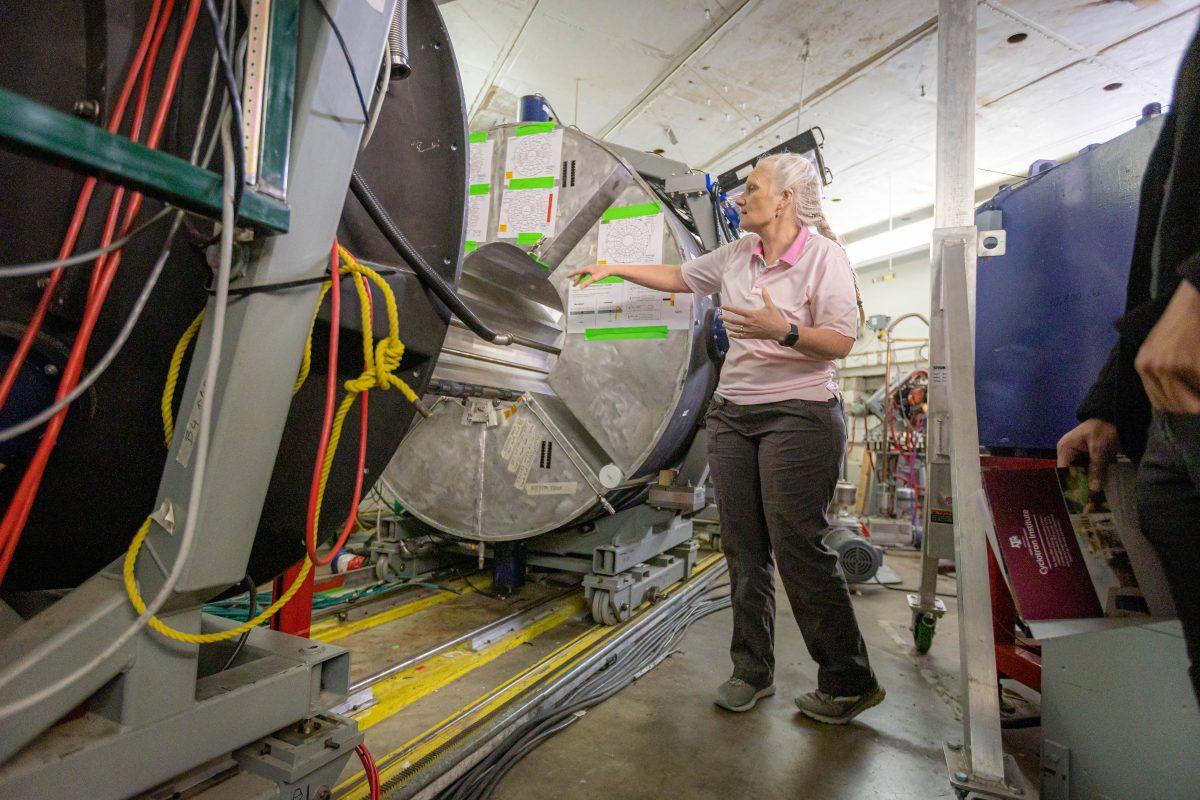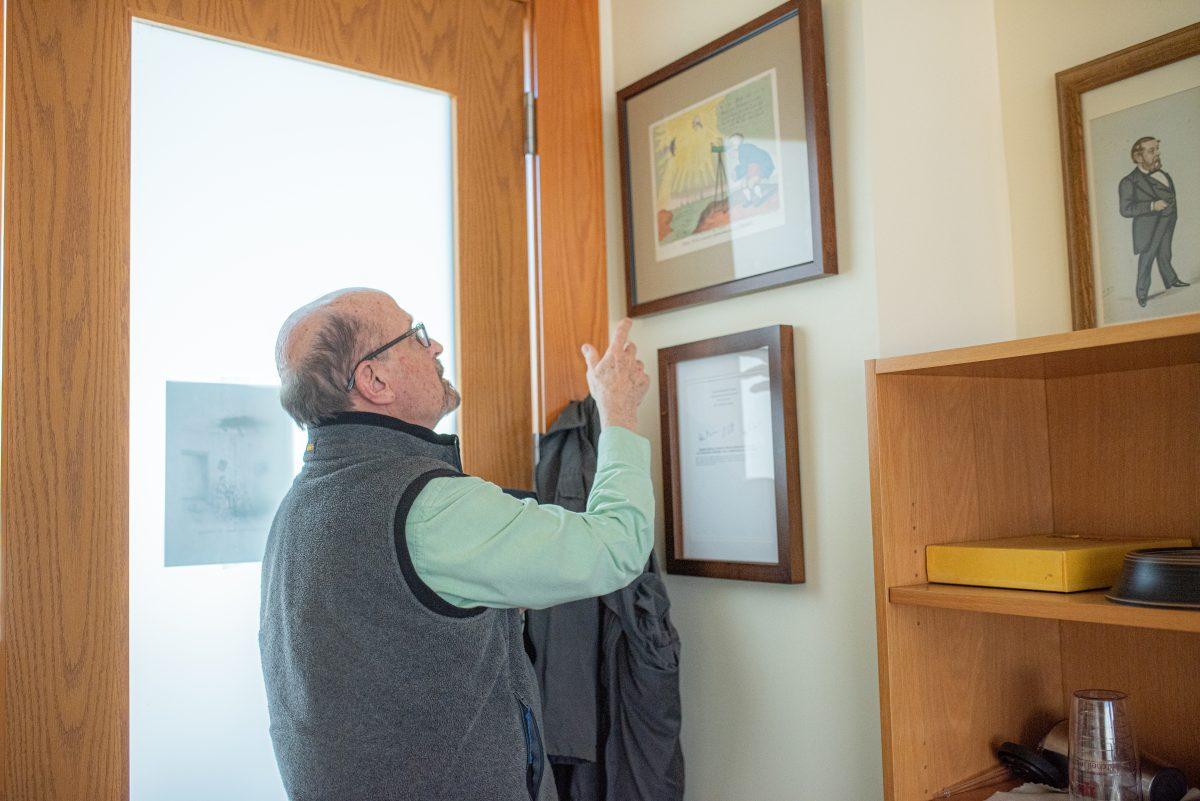When it comes to the world of the various sciences, discoveries and breakthroughs are made every day. To help you keep up with them, The Battalion compiled a few of the most compelling scientific stories from this past week.
Animal Science: New species of wasp discovered
The new species of wasp, named Dendrocerus scutellaris, was discovered in Costa Rica by Ph.D. candidate Carolriestch, István Mikó and Andrew Deans of the Frost Entomological Museum at Pennsylvania State University.
This species of wasp is a parasitoid, meaning that its larvae need to feed on a live host insect. The researchers, using specimens from 1985, were able to conclude that the wasp is likely a endoparasitoid, a type of parasitoid that lay their eggs inside the host insect, where the larvae eat their way out of the host.
Unlike similar wasps, this species does not have sharp mandibles, so they get out of their host by rubbing a series of spines along their back like a saw to cut their way out.
Health: E-Cigarettes may increase risk of cancer and heart disease
A study done by the New York University School of Medicine has indicated that nicotine, no matter how it is transmitted to your body, can become a carcinogen in your body. This would place individuals at a higher risk of cancer and heart disease.
In the study, mice were subjected to light e-cigarette smoking for the equivalent of 10 years (12 weeks). The mice were shown to have suffered DNA damage to their bladders, hearts and lungs.
The findings in the study are not conclusive, and found that highly compressed smoking composure from vaping is less than traditional tobacco products. The results concluded that the tobacco nitrosamines, which are the known carcinogens found in tobacco products, found in the body fluids of vapers carry 97 percent less than those found in cigarette smokers. However, the possibility that nicotine develops into a carcinogen, regardless of consumption method, could negate any “safety” found in e-cigarettes.
Anthropology: Fossil jawbone shows oldest modern human outside Africa
A fossilized jawbone found in the Misliya Cave in Israel dates to 177,000-194,000 years ago, making it the oldest known modern human ever discovered outside the continent of Africa.
The fossil was found by an international research team of over 20 scientists, and was dated back to the Early Middle Paleolithic, earlier than any other known homosapien specific discovered so far. Several dating techniques were applied to both the fossil and stone tools found near it, with all results showing the fossil and tools date back to 177,000-194,000 years ago. All the anatomical features of the fossil are consistent with a modern human, and there are no features that rule it out as a homosapien.
The discovery proves that humans left Africa much earlier than previously believed. The genetic data from the fossil indicate that human migration out of Africa could go back as far as 220,000 years ago, and maybe even earlier.
Physics: ‘Exceptional points’ could stop light waves from moving
The speed of light is the fastest speed discovered, with the ability to travel 93 million miles from the Sun to Earth in eight minutes. However, a team of physicists from the National Institute for Theoretical Physics published a paper that shows light can come to an absolute stop at certain “exceptional points.”
The way this is done is by taking advantage of how waves, specifically light waves, move when around these points.
An “exceptional point” is a place where two wavelength patterns that mirror each other intersect and merge into one pattern. By tuning the properties of the waves, scientists can collapse a wave into its twin.
The published paper shows that, theoretically, the properties of the exceptional points and the light waves can be manipulated in a way that stops the light wave completely when it hits the point.
The ability to stop light could help solve problems regarding quantum mechanics and lead to new technologies that rely on bending light and waves.
This week in science
January 31, 2018
Photo by Creative Commons
This Week in Science
0
Donate to The Battalion
Your donation will support the student journalists of Texas A&M University - College Station. Your contribution will allow us to purchase equipment and cover our annual website hosting costs.
More to Discover








